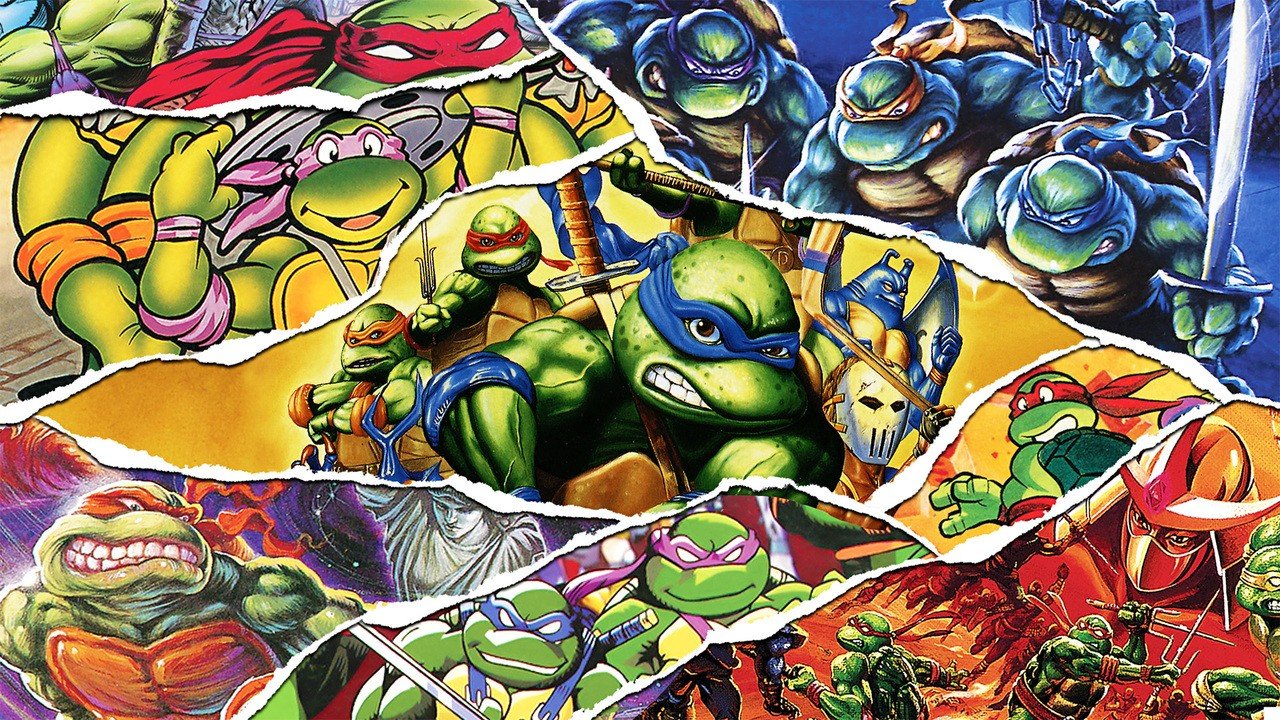
Summary:
The recent delisting of Teenage Mutant Ninja Turtles: The Cowabunga Collection from Steam in Japan has sparked intrigue and concern among gaming enthusiasts. While the exact reasons remain unclear, licensing rights issues are presumed to be at the core. This comprehensive exploration delves into the potential causes for the delisting, the impact on players and the gaming community, and the broader implications for other regions. With insights into Konami’s response, the availability on other platforms, and the legal challenges facing the gaming industry, this article offers a thorough analysis of the situation.
TMNT Cowabunga Collection Delisting
The recent removal of Teenage Mutant Ninja Turtles: The Cowabunga Collection from Steam in Japan has stirred speculation and concern among gaming enthusiasts. This article seeks to shed light on the circumstances surrounding this unexpected delisting and explore its implications for players and the broader gaming community.
The Cowabunga Collection, developed by Konami, is a comprehensive compilation of Teenage Mutant Ninja Turtles video games spanning various platforms. Released to commemorate the iconic franchise’s legacy, the collection features classic titles beloved by fans worldwide.
Delisting from Steam in Japan
In a surprising turn of events, the Cowabunga Collection vanished from Steam’s digital storefront in Japan, leaving players puzzled and disappointed. The sudden disappearance raised questions about the underlying reasons and potential ramifications for the gaming community.
Possible Reasons for Delisting
While official explanations are lacking, speculation abounds regarding the factors contributing to the delisting. Licensing rights issues emerge as a prominent theory, suggesting contractual disputes or intellectual property challenges may be at play.
Licensing Rights Issues
The intricate web of licensing agreements and intellectual property rights governing video game distribution can pose significant hurdles for developers and publishers. Issues such as expired licenses, contractual disputes, or changes in ownership can disrupt digital storefronts and impact player access.
The abrupt removal of the Cowabunga Collection from Steam in Japan reverberated throughout the gaming community, eliciting varied reactions from players. Many expressed frustration over the sudden unavailability of the beloved titles, while others voiced concerns about the broader implications for digital game preservation.
Potential Solutions or Explanations
In the absence of official statements, speculation abounds regarding potential resolutions or explanations for the delisting. Suggestions range from renegotiating licensing agreements to addressing legal challenges, with players hopeful for a swift resolution to restore access to the Cowabunga Collection.
While the delisting currently affects Steam users in Japan, there is speculation about the possibility of similar occurrences in other regions. The interconnected nature of global licensing agreements raises concerns about the potential spread of disruptions to player access beyond Japan’s borders.
Konami’s Response
As players await clarity on the situation, attention turns to Konami’s response to the delisting. The gaming community eagerly anticipates official statements or updates from the developer regarding the future availability of the Cowabunga Collection and its plans to address licensing issues.
Despite the delisting from Steam in Japan, alternatives exist for players seeking to experience the Cowabunga Collection. The availability of the compilation on other platforms ensures that fans can still access and enjoy the beloved TMNT titles through alternative means.
Legal Challenges in the Gaming Industry
The delisting of the Cowabunga Collection underscores broader legal challenges facing the gaming industry, particularly regarding licensing agreements and intellectual property rights. Developers and publishers navigate complex legal landscapes to ensure compliance and preserve player access to digital content.
As discussions surrounding the delisting continue, speculation mounts about the future of Teenage Mutant Ninja Turtles video games. The resolution of licensing issues and Konami’s strategic decisions will likely shape the trajectory of the franchise’s gaming ventures moving forward.
Across social media platforms, gaming forums, and online communities, players have shared their reactions and concerns regarding the Cowabunga Collection’s delisting. From nostalgic reminiscences to calls for transparency from developers, the community dialogue reflects a diverse range of perspectives and sentiments.
Conclusion
In conclusion, the delisting of Teenage Mutant Ninja Turtles: The Cowabunga Collection from Steam in Japan underscores the complexities and challenges of the modern gaming industry. While licensing rights issues are presumed to be the primary cause, the situation raises broader questions about intellectual property, digital distribution, and consumer expectations. As players and developers navigate these challenges, transparency, communication, and cooperation will be crucial in maintaining trust and fostering a thriving gaming ecosystem.
FAQs
- 1. Q: Why was the Teenage Mutant Ninja Turtles: The Cowabunga Collection delisted from Steam in Japan?
- A: The exact reasons for the delisting remain unclear, but licensing rights issues are presumed to be the primary cause. Konami and Steam have not provided official explanations.
- 2. Q: Will the Cowabunga Collection be delisted in other regions?
- A: While the delisting currently affects Steam in Japan, there is speculation that similar issues could arise in other regions. However, no official announcements have been made regarding delistings in other territories.
- 3. Q: Can players still access the TMNT game on other platforms?
- A: Yes, the Cowabunga Collection remains available on other platforms besides Steam. Players can explore alternative options for purchasing and playing the game.
- 4. Q: Are there any legal implications associated with the delisting?
- A: The delisting highlights broader legal challenges in the gaming industry related to licensing agreements, intellectual property rights, and digital distribution. However, specific legal implications may vary depending on the circumstances.
- 5. Q: How has the gaming community reacted to the delisting?
- A: Reactions from the gaming community have been mixed, with some expressing disappointment and frustration while others speculate on the underlying reasons for the delisting. Community discussions are ongoing as players seek clarity and updates from Konami and Steam.













